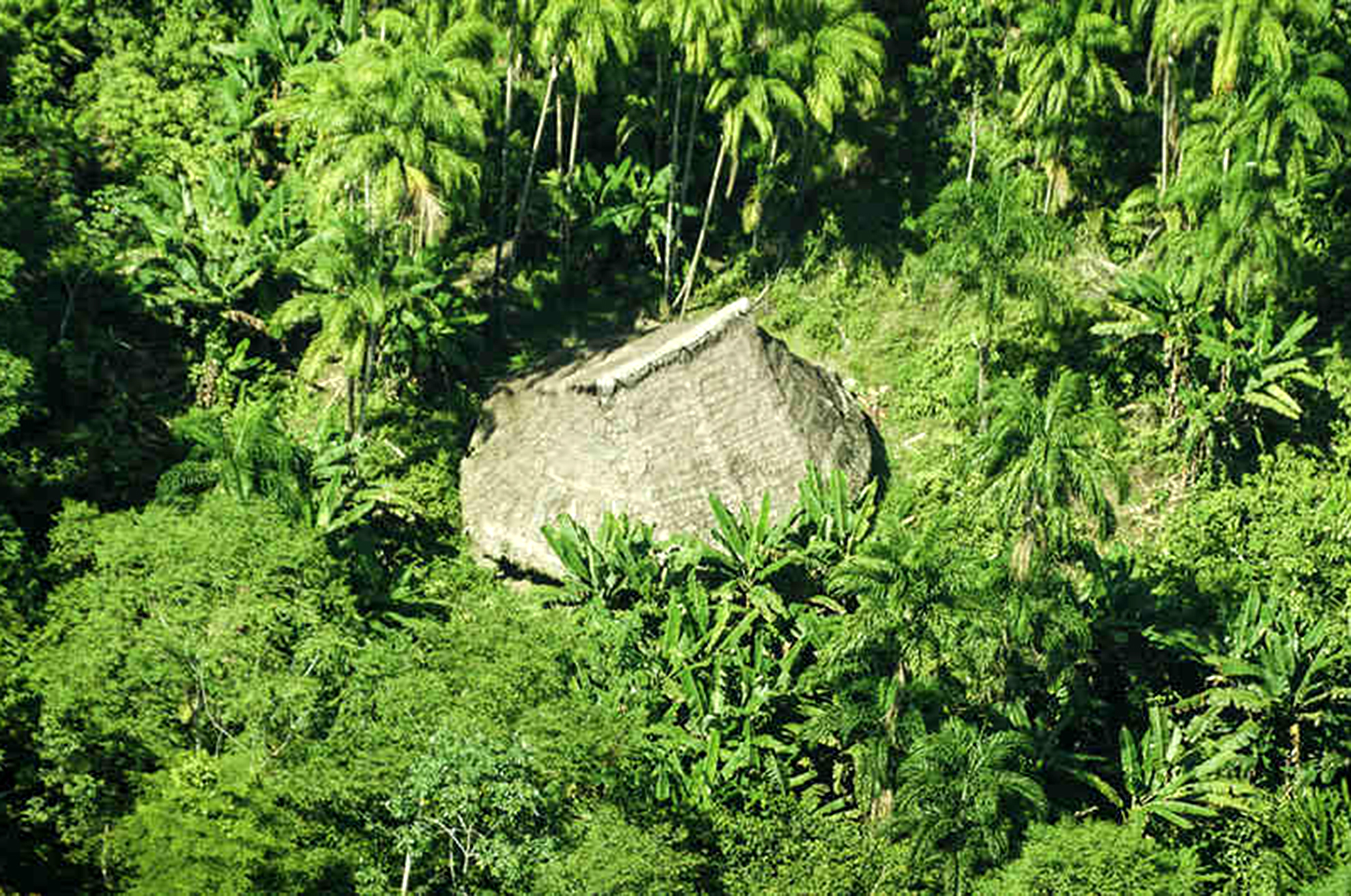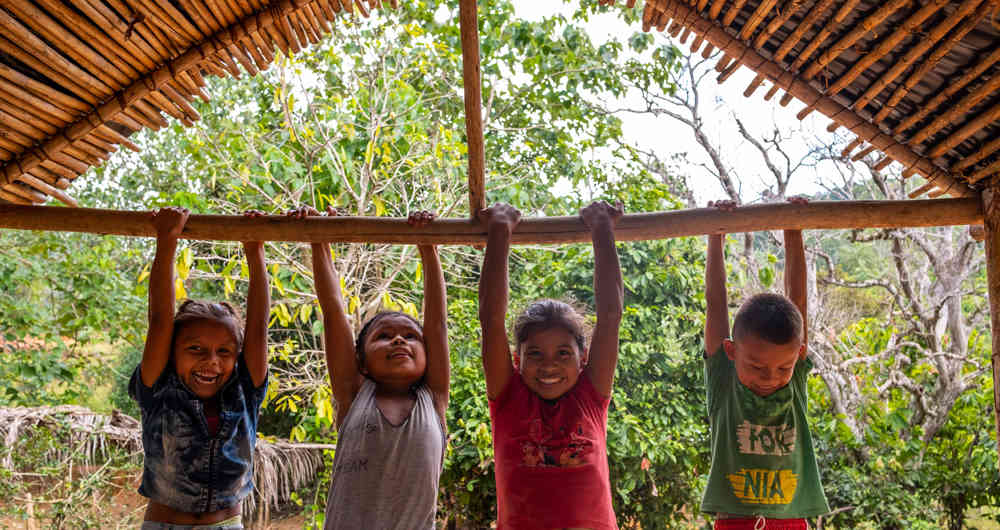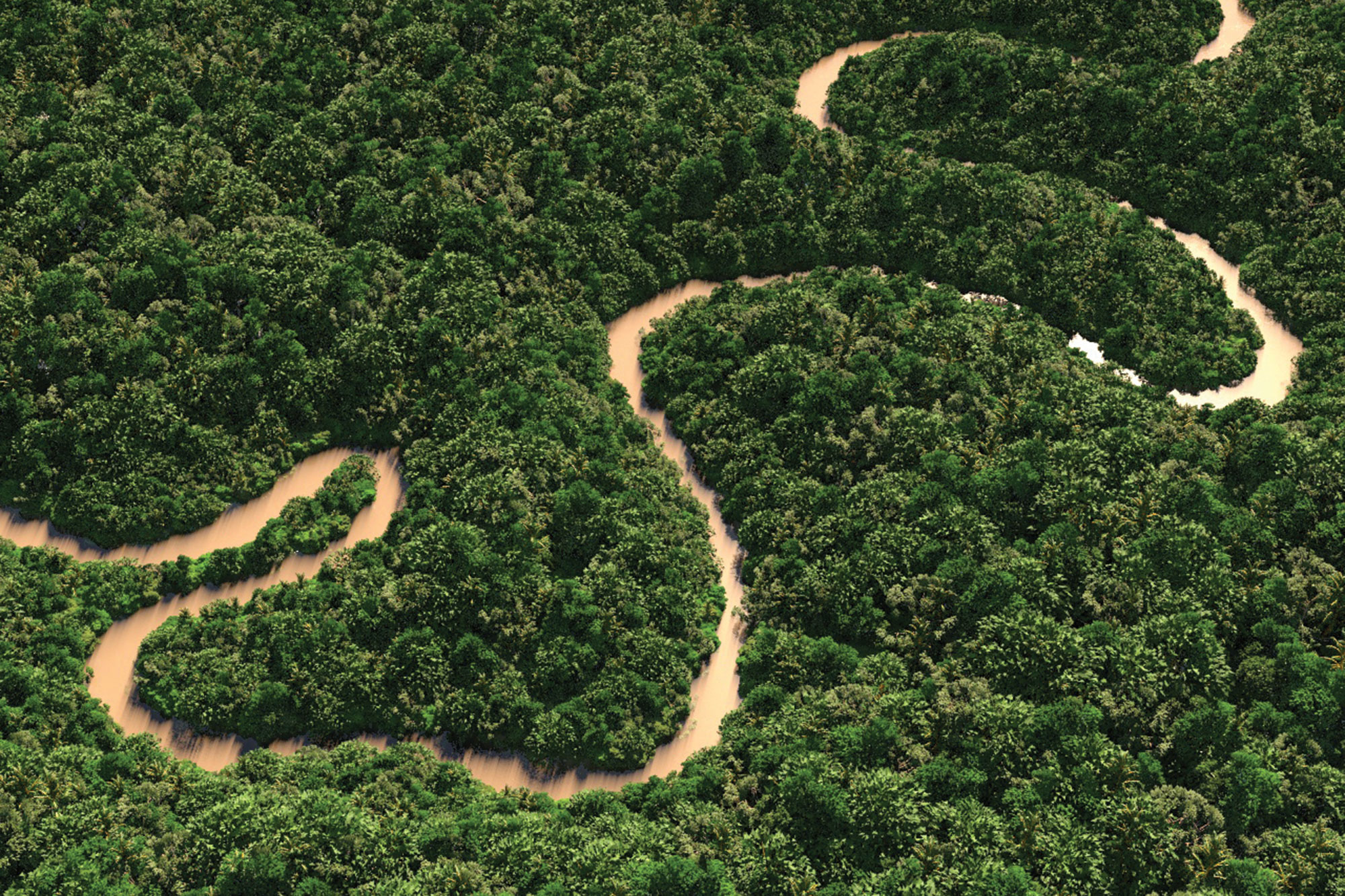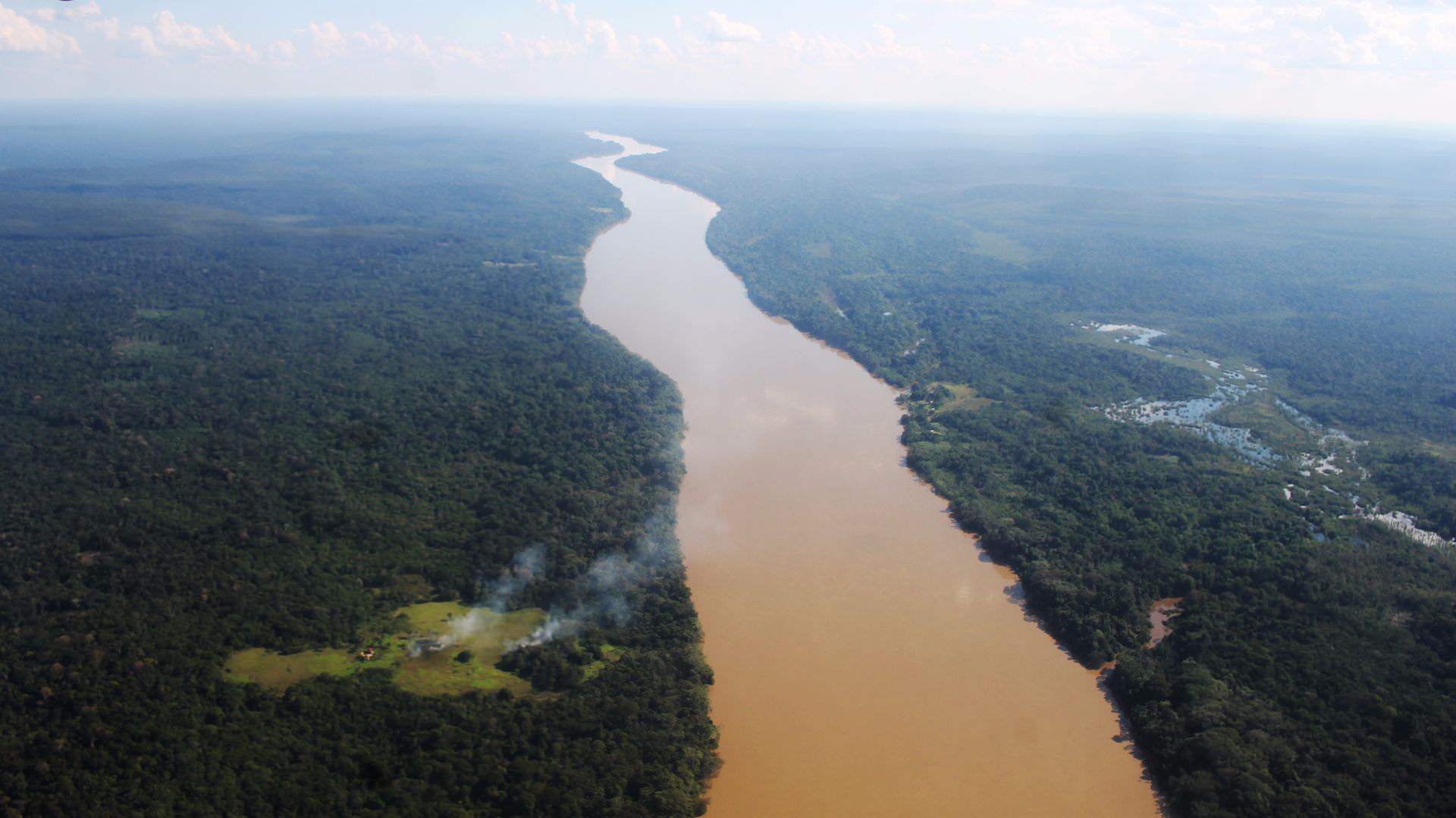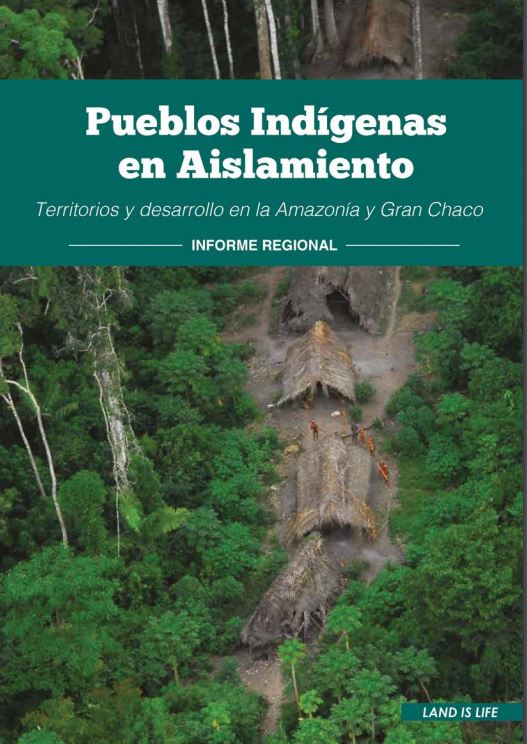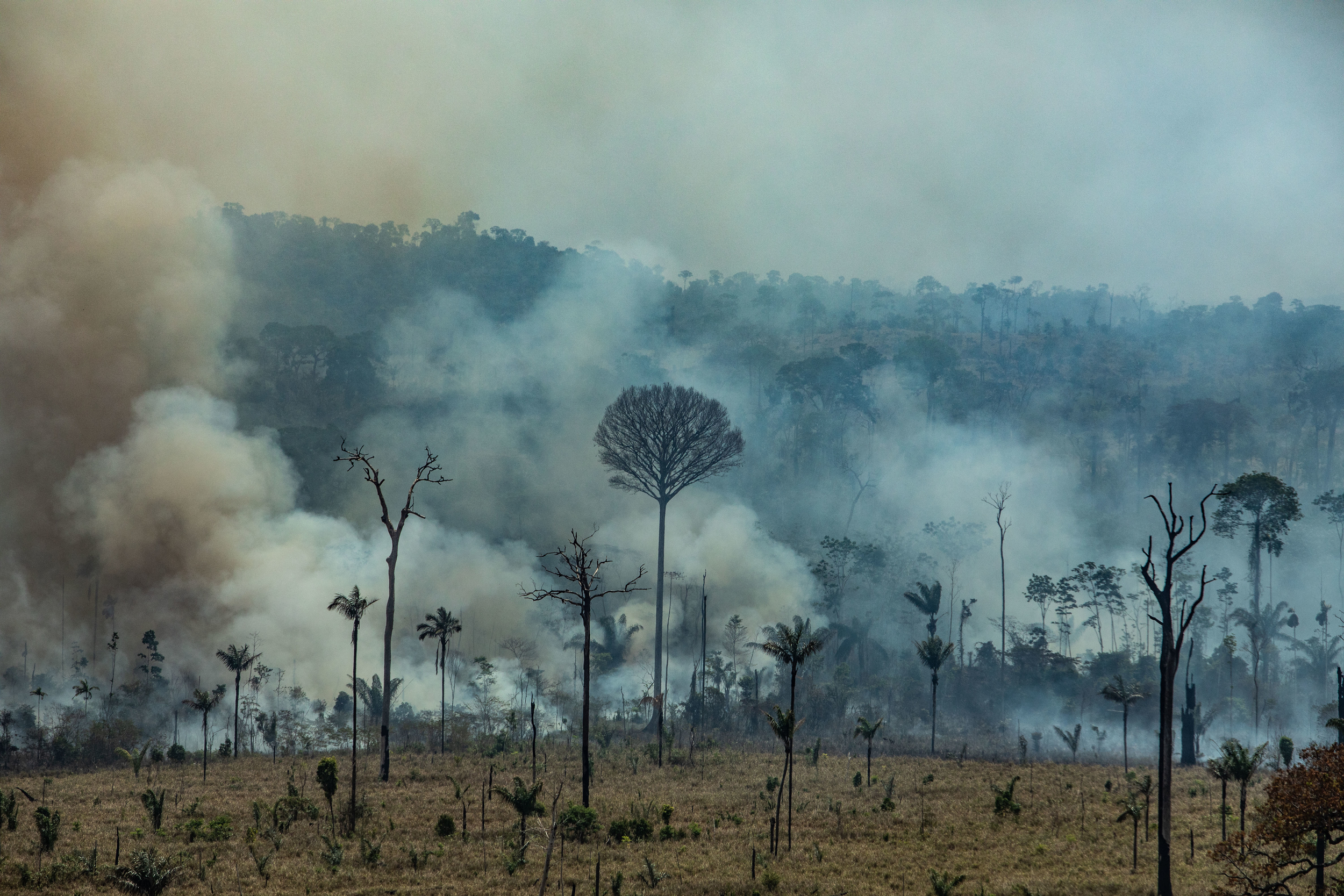News
Recomendaciones urgentes de COVID-19 con respecto a los pueblos indígenas que viven en aislamiento voluntario
Recomendações urgentes do COVID-19 em relação aos povos indígenas que vivem em isolamento voluntário
How Indigenous Lands are Being Titled in Antioquia
Source: Revista Semana December 15, 2019 Nine indigenous reserves have been established in Antioquia since 2016. The reason: the department’s Indigenous Management Unit (Gerencia Indígena), the Amazon Conservation Team and the National Land Agency joined together to support and promote their sovereignty over the territory of their communities. “When I arrived in these lands, I…
Read MoreAMAZON CONSERVATION TEAM AGAIN EARNS COVETED 4-STAR RATING FROM CHARITY NAVIGATOR
The Amazon Conservation Team’s strong financial health and commitment to accountability and transparency have again earned it a 4-star rating from Charity Navigator, America’s largest independent charity evaluator. This is the ninth time that ACT has earned this top distinction in the last 15 years. Only a quarter of charities rated by Charity Navigator receive the…
Read More960 individual specimens and more than 328 species of flora and fauna identified in the Serranía de Chiribiquete National Park
This document is an English translation of a press release from the Colombian National Parks System: October 29, 2019. This recording of new species resulted from a scientific expedition carried out in the Puerto Abeja stream basin and along the Mesay and Cuñare rivers, in the southern sector of the protected area in the department…
Read MoreLIMA DECLARATION: REGIONAL MEETING ON INDIGENOUS PEOPLES IN ISOLATION
TERRITORIES AND DEVELOPMENT IN THE AMAZON AND THE GRAN CHACO Representatives of indigenous organizations and non-governmental organizations, indigenous leaders, researchers, academics and defenders of the rights of the indigenous peoples of Bolivia, Brazil, Colombia, Ecuador, Paraguay, Peru, Venezuela and Suriname, signers of this declaration, met in Lima, Peru between October 10 and 11, 2019, to…
Read MoreWhat We Experience When We Walk Through the Mountains
What We Experience When We Walk Through the Mountains by María Fernanda Franco, Putumayo Process, ACT-Colombia Each time I have returned from an expedition in the territories in which we work, a mixture of joy and nostalgia has suffused me, because many sensations and lesson learned remain after our time there and our exchanges with the people. The expeditions present the possibility of becoming familiar with the territory in which we work (and that we…
Read MoreAmazon fires jeopardize indigenous tribes living without contact with the world
Amazon fires jeopardize indigenous tribes living without contact with the world Article originally published in Revista Semana, September 18, 2019 https://sostenibilidad.semana.com/medio-ambiente/articulo/incendios-de-la-amazonia-ponen-en-riesgo-las-tribus-indigenas-sin-contacto-con-el-mundo/46772 Seventeen organizations called on the governments of the Amazon countries to stop the environmental debacle and protect the indigenous people in isolation. Nearly 70 uncontacted indigenous groups have already been confirmed in the Amazon,…
Read More2019 Fire Crisis Situation in the Amazon
The Amazon is burning. Parts of the Brazilian Amazon are experiencing unprecedented fires. Brazil’s National Institute for Space Research has reported a recent 84% increase in forest fires from the same period in 2018. Brazil’s largest city, Sao Paulo, experienced a blackout caused by smoke from the fires. Ecosystems are being devastated and countless indigenous…
Read MoreThe General Secretariat of the Organization of American States and the Amazon Conservation Team Launch Partnership to Strengthen Indigenous Leaders in the Americas
(Washington, DC,) The Amazon Conservation Team (ACT) and the General Secretariat of the Organization of American States (OAS) announce a partnership to strengthen ACT’s Indigenous Leadership Fellowship program, providing new learning opportunities for indigenous students of the Americas in the OAS. This unique partnership will strengthen and enable leadership development opportunities at global and local…
Read More

